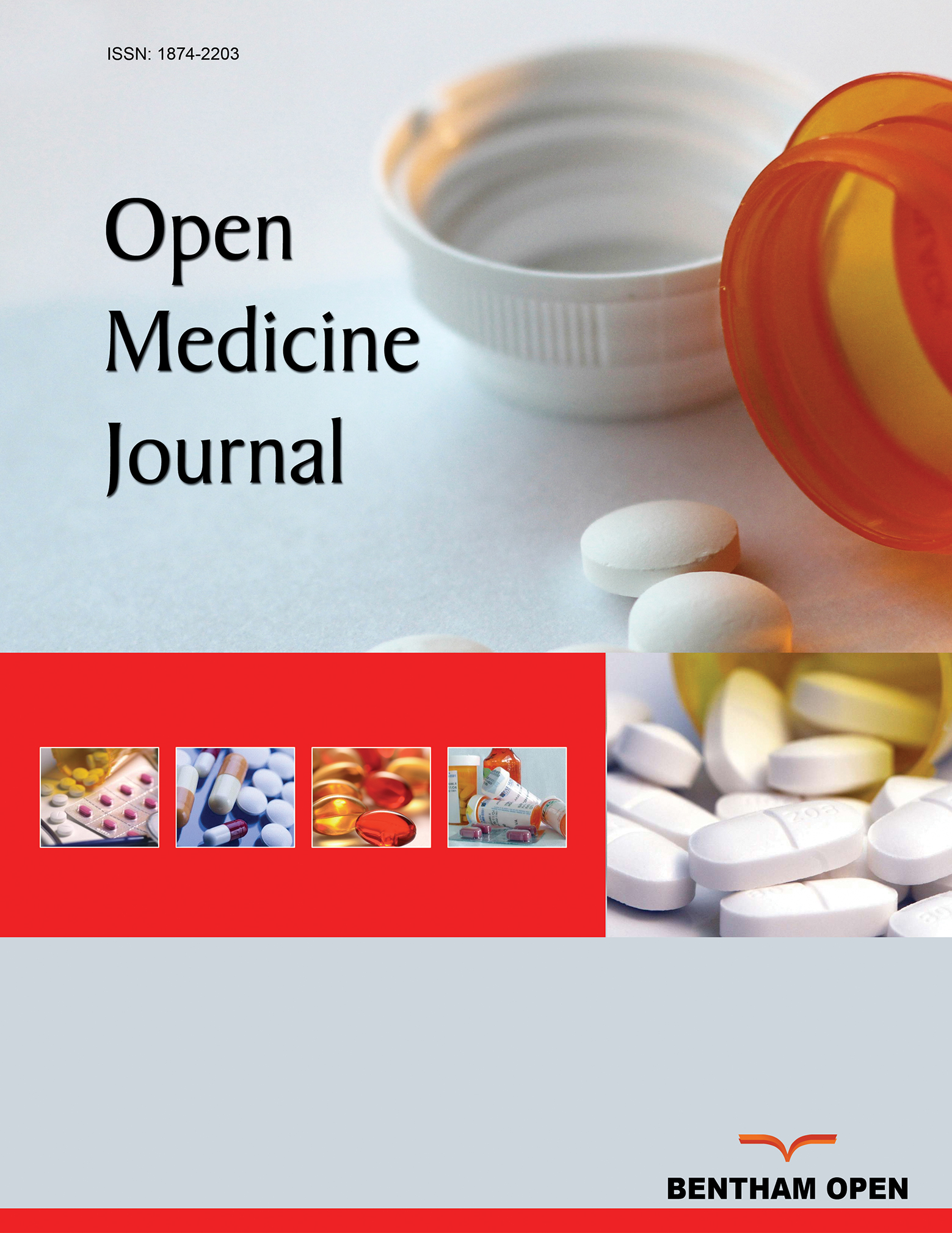All published articles of this journal are available on ScienceDirect.
Language-Games and Quality Improvement in Healthcare in England
Abstract
Background:
Quality in healthcare is high on the political agenda in England. This paper examines the model of inspection used by the Care Quality Commission to inspect healthcare provison in England.
Methods:
The paper comprises a critical review of the literature to examine the model of judgement used by the Care Quality Commission in their inspection framework.
Results:
It is argued that the model of judgement used makes various assumptions which throw into doubt the notion that such inspections provide an objective picture of quality in healthcare. However, the contrary view, that such inspections are highly subjective, is rejected in favour of developing a perspective informed by the later philosophy of Wittgenstein; one which recognises the importance of social agreement and understanding in developing meaning.
Conclusion:
This perspective highlights the importance of the different social groups that work in healthcare, and those who are treated in the healthcare system, for developing shared understandings and meanings of terms such as ‘quality’.


